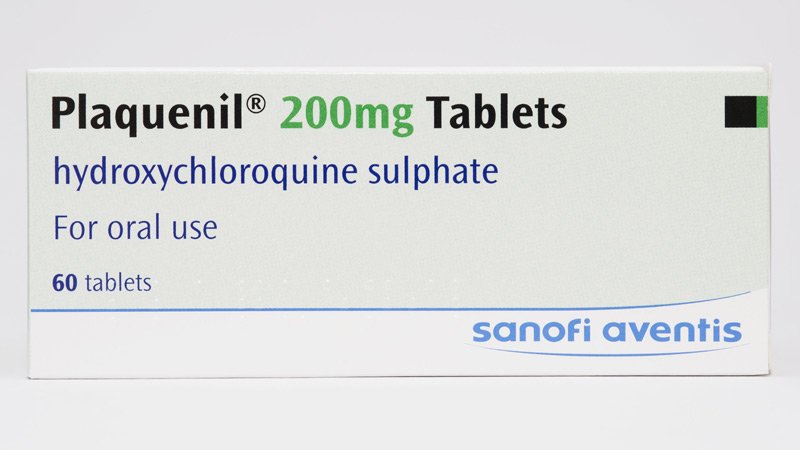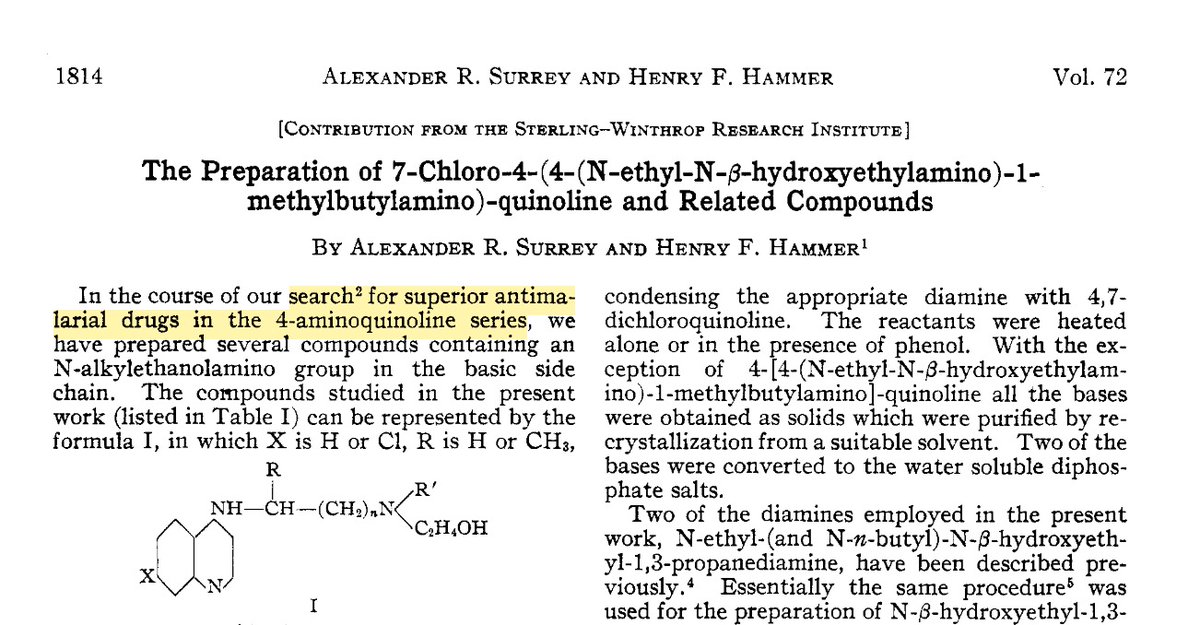
Physician epidemiologist and expert consultant. MD, MPH, DrPH. ABPM board certified in Occupational Medicine / Public Health and General Preventive Medicine.
How to get URL link on X (Twitter) App


 The synthesis of hydroxychloroquine was first reported by Surrey and Hammer in 1950, as part of an effort to develop an antimalarial drug "superior" to chloroquine, a drug which had itself been rediscovered during an urgent WWII-era drug discovery program.
The synthesis of hydroxychloroquine was first reported by Surrey and Hammer in 1950, as part of an effort to develop an antimalarial drug "superior" to chloroquine, a drug which had itself been rediscovered during an urgent WWII-era drug discovery program. 

 One notable observation as we begin is that despite in-person registration having been closed to veterans due to capacity there are plenty of uniformed military personnel observing and plenty of empty seats. Let the record note that several veterans wished to attend but couldn’t.
One notable observation as we begin is that despite in-person registration having been closed to veterans due to capacity there are plenty of uniformed military personnel observing and plenty of empty seats. Let the record note that several veterans wished to attend but couldn’t. 